
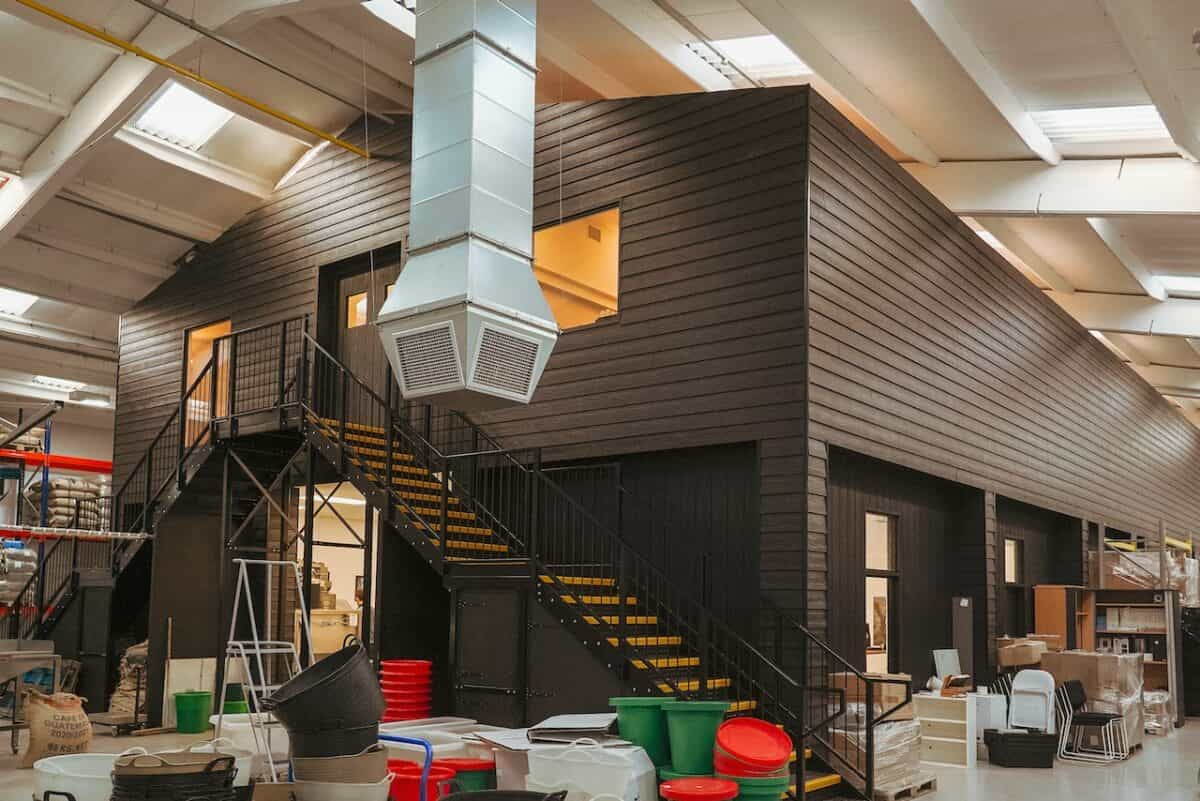
Square Mile Coffee Roasters was established in 2008 by James Hoffmann, 2007 World Barista Champion, together with Annette Moldvaer. Already an internationally renowned brand, Square Mile Coffee Roasters has grown with London’s burgeoning coffee culture. How do they continue to be the pioneers in the industry? We interviewed Jamie Isetts, green buyer, who is in charge of sourcing green coffee, and Tom Flawith, head of the coffee department, about their secrets.
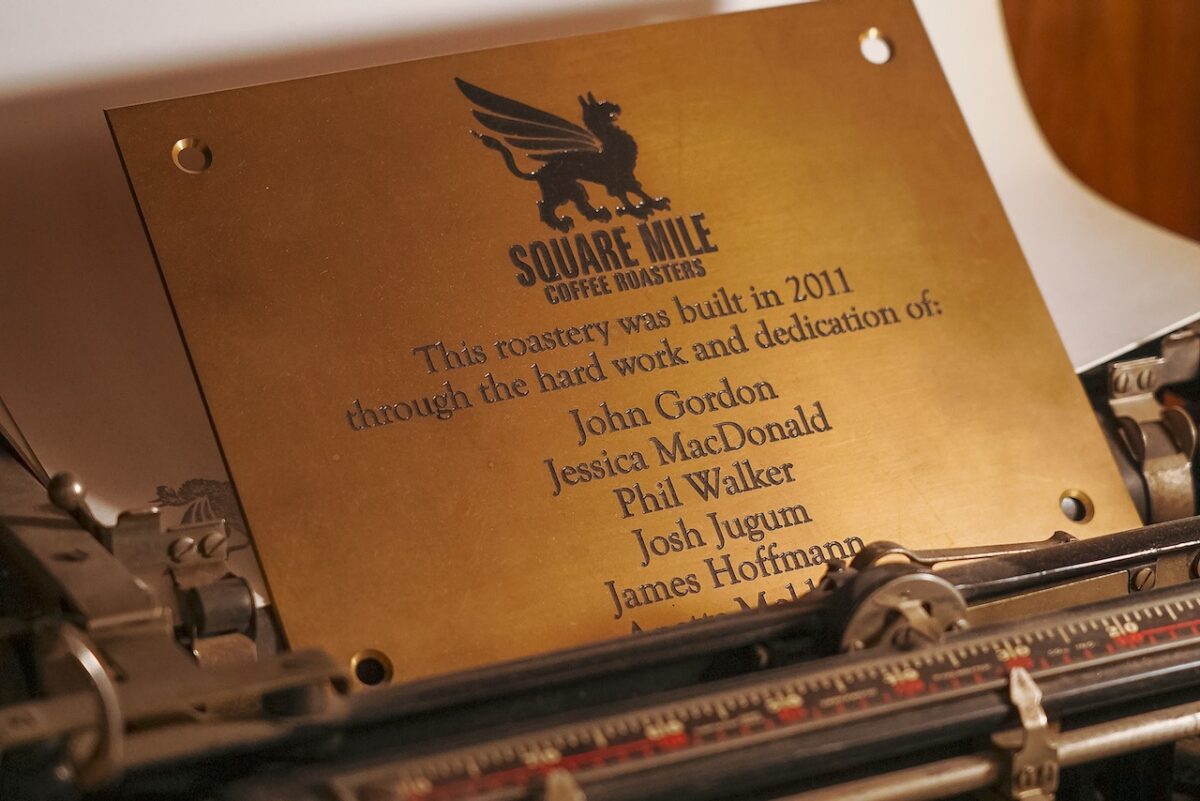
Cultivating an environment where we can challenge ourselves
James, co-founder of Square Mile Coffee Roasters, created the company to source and roast coffees that would get people excited and interested and develop and help foster a culture and community of coffee in London. He has more than one million subscribers on his YouTube channel. He makes content related to coffee and remains an inspirational figure within Square Mile Coffee Roasters. Their Managing Director Felicity Whitehead leads the company and is incredibly invested in creating an environment where they can do their best work.
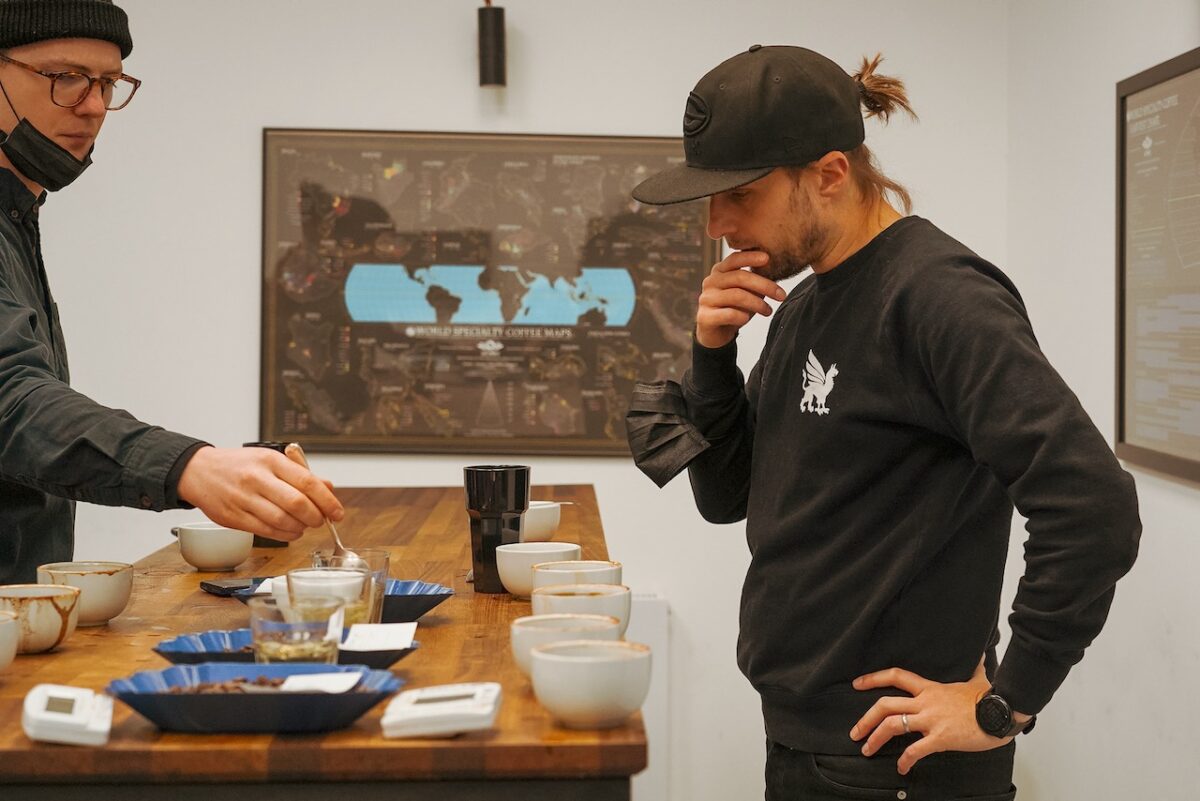
Tom says, “We make time for conversation and discussion, and we have a culture of providing and receiving feedback from each other. When a task or project is complete, we have a debriefing where we talk about what we have done and learned while documenting it in detail.”
“At Square Mile Coffee Roasters, there is a lot of cross-departmental communication that goes beyond weekly meetings and meetings within each department. We embrace the opportunity to learn from each other. I think it’s thanks to the management team, Felicity, and James because they encourage each team member to make informed decisions, and that leads to realizing the company’s vision.”


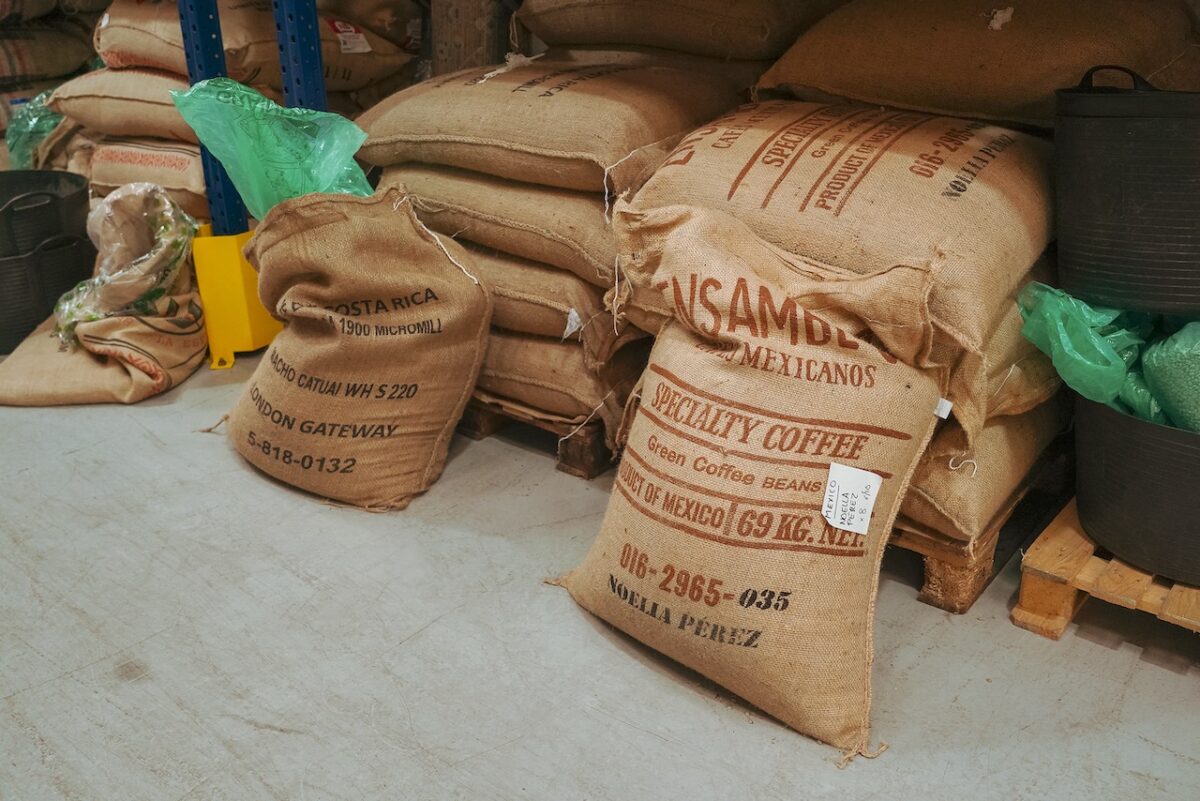
Initiative breeds passion
Jamie, who oversees sourcing green coffee, says, “We offer a wide range of coffees, from some of the very best in the world to the “daily cup of coffee” (harmonious coffee). These mainstays, like our Red Brick blend, have traditional coffee flavors. but they’re an elegant expression of that. In my opinion, these types of coffees are actually where we can do the most interesting sourcing. Offering this range gives us the opportunity for us to build a new supply chain with producers that we didn’t have access to before. And I believe this is the key to the future development of the industry as a whole.”
“Without question, it is healthier and more sustainable to stabilize our relationships gradually, rather than having one-off transactions that vary greatly from year to year. After joining the company about six months ago, it’s heartening to hear how much buying coffee from our smaller suppliers has energized their businesses and how much of an impact we’ve made on them.”
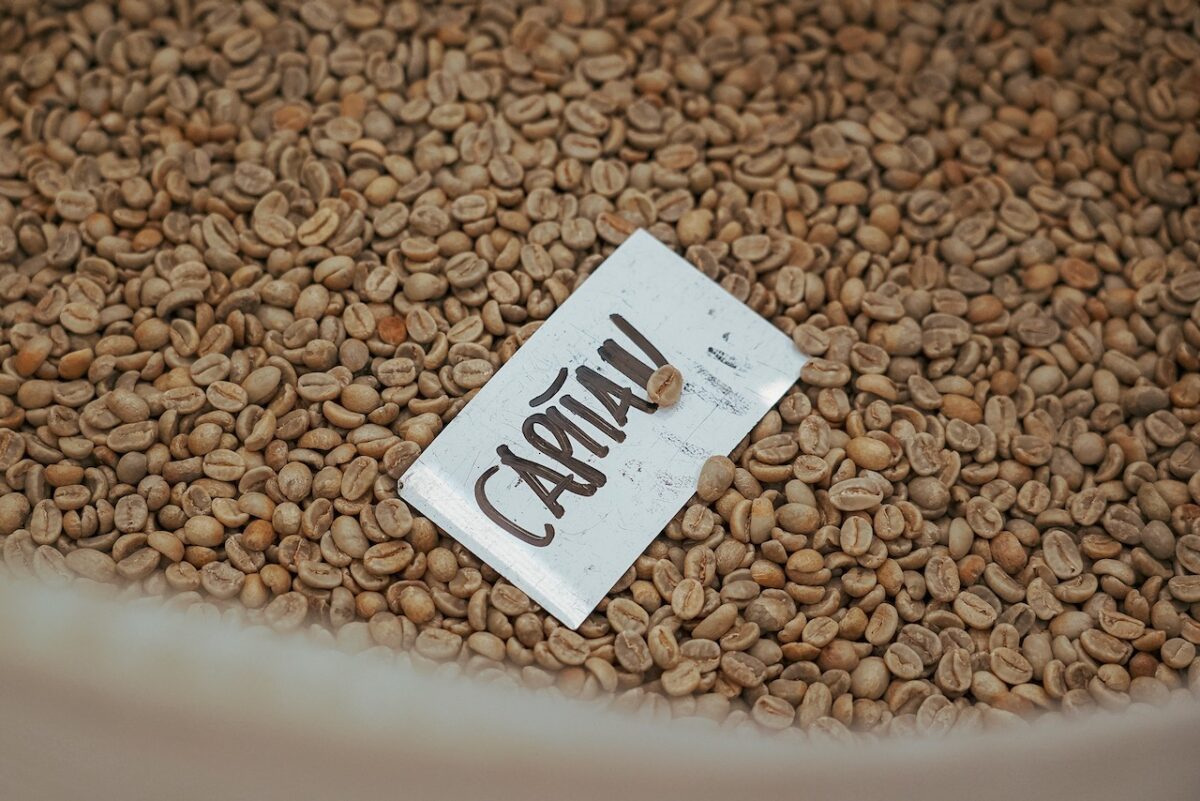
The stance of Square Mile Coffee Roasters, which does not pursue immediate profits or results, also applies to the relationship they have with producers. One example is that Square Mile Coffee Roasters often buys green coffee from suppliers who offer technical services or training to producers.
“A lot of farmers, especially those who are truly living in financial instability, can’t think about what they can do for the future, how they can make their business sustainable, or how they can increase their profitability, because they are too busy dealing with things right in front of them. They get caught up with doing what they can, in the ways they know how to, right now.”
“In some cases, we pay a premium for a training program through our exporter so that producers can receive it. In the future, we hope to also be able to work directly with nonprofit or development organisations that create training programs, or hire experts who provide training for producers.”
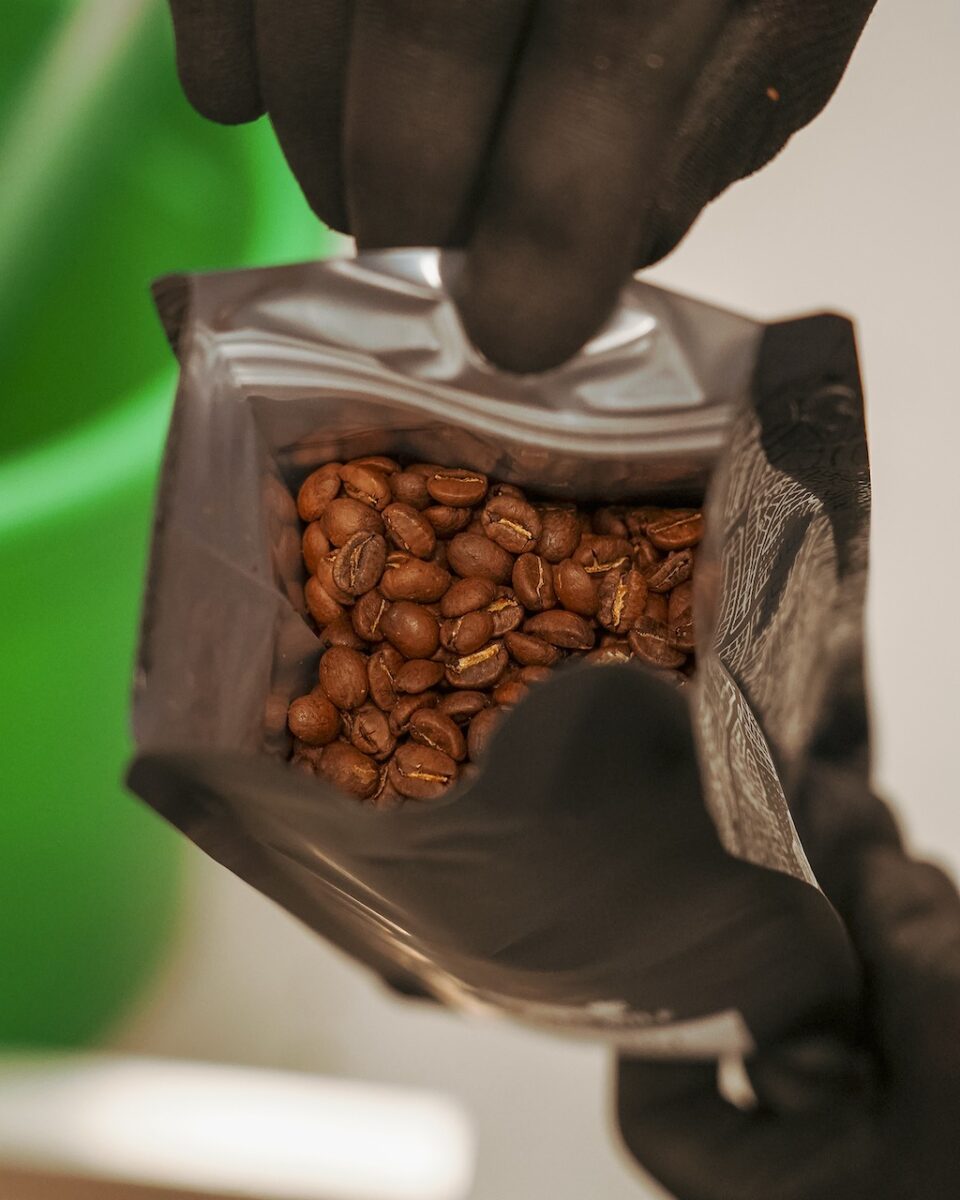
Square Mile Coffee Roasters goes far beyond refining the taste of coffee or even seeing coffee as a business.
“We also align with programs aimed at improving the quality of life of all the people we work with, not just producers and our staff. Karst Organics is a good example. They are a hands-on exporter of specialty Timorese lots from whom we purchase coffee. They are not just a coffee organization, but they also focus on development projects such as financial education and agricultural training.”
“The purpose of such programs is to expand people’s options. I think it’s much better to choose to be in the job of producing coffee because that’s what they want to do, rather than having to do it because there’s no other choice.”
“As a buyer of specialty coffee, what I can tell you is that the taste of the coffee will be much better if producers feel a sense of security in their work. This allows people to explore their passion for coffee production rather than simply use it as a means to an end.”

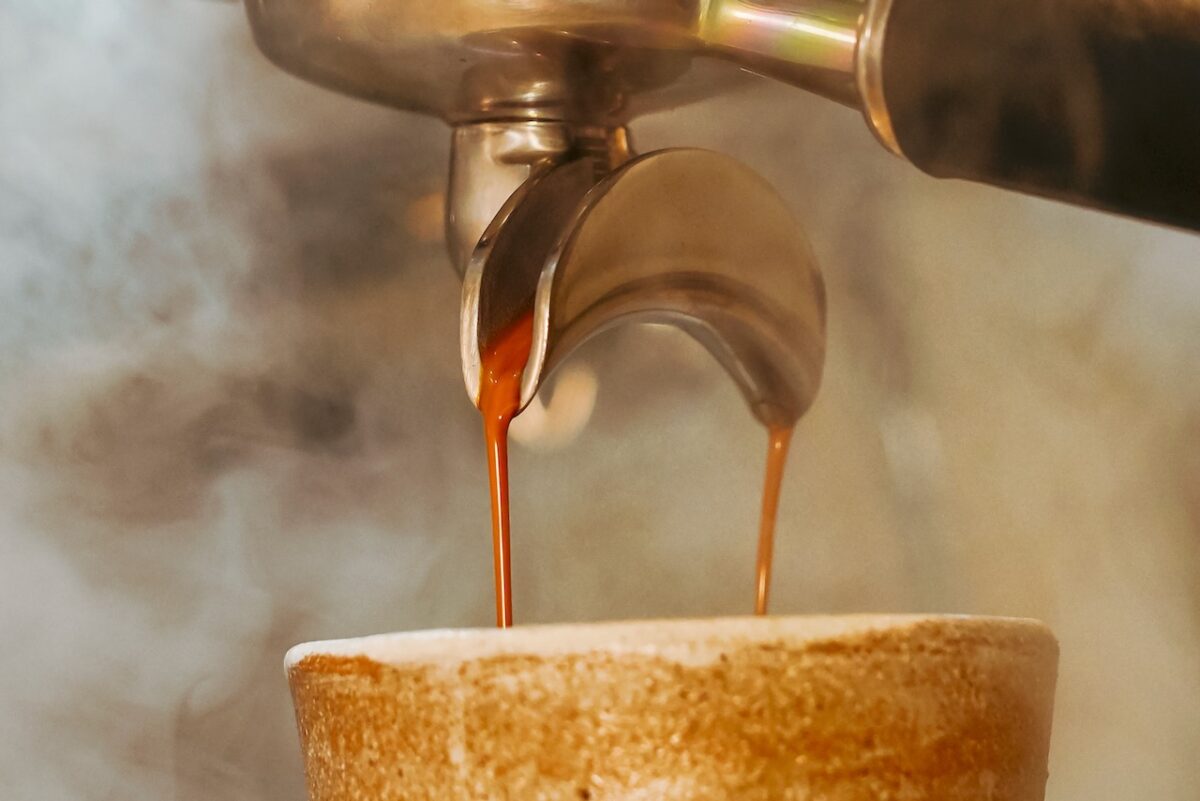
It’s important to have a sense of balance
Jamie describes Square Mile Coffee Roasters’culture this way. “On my first day at the company, I got the feeling that everyone had thought things through before coming to even the smallest meeting. Everyone seems to be aligned in terms of goals and passions.”
Tom says, “Of hundreds of ideas we come up with, only a handful actually come to fruition.” Balance is embraced across the company and is especially important when considering which projects to pursue.”
“To achieve our goals, we all work with a sense of purpose and responsibility. We have established systems to cover each other’s work when someone is absent.”
Jamie agrees. “In many companies, once you are in a leadership role, it’s almost impossible to take a holiday. Especially in a growing company, it can be even more difficult to create a system where someone can easily cover your role. In that respect, I think our company is a very healthy one.”

Jamie agrees. “In many companies, once you are in a leadership role, it’s almost impossible to take a holiday. Especially in a growing company, it can be even more difficult to create a system where someone can easily cover your role. In that respect, I think our company is a very healthy one.”
Tom, who was the head roaster at his previous coffee company, recognized the philosophy of Square Mile Coffee Roasters at a collaboration event.
“When I heard, ‘You need to value your team and good coffee. Without having both, it doesn’t work,’ it really hit me. For everything to work out well, we must prioritise an environment where everything is considered. People who work at Square Mile Coffee Roasters, its coffee and what Square Mile Coffee Roasters represents have all led me to where I’m now. As a team working on a project, it’s important to have a sense of balance.”
Like the annual rings of a tree, Square Mile Coffee Roasters has achieved organic growth because each employee is demonstrating their true potential in each respective field.
MY FAVORITE COFFEE
Tom: “When I talk to someone working in a tiny cafe that serves specialty coffee in a small town or village, I’ll often get the impression that they are very proud of their coffee. When my work makes a difference to the life of someone in another town or country and also helps to ensure a fair and equitable supply chain, it makes me feel proud of what I do.”
Jamie: “My favorite is whatever I brew when I go camping or traveling. I may not have the best conditions to make a good cup of coffee, but I feel great with what I have. For me, it’s not so much the coffee itself that is important but the environment where I drink it. What I really love is enjoying a cup of coffee at a great location.”

Buy coffee beans from this roaster








